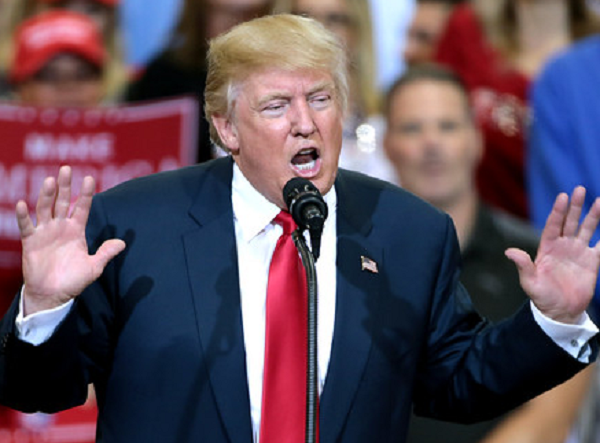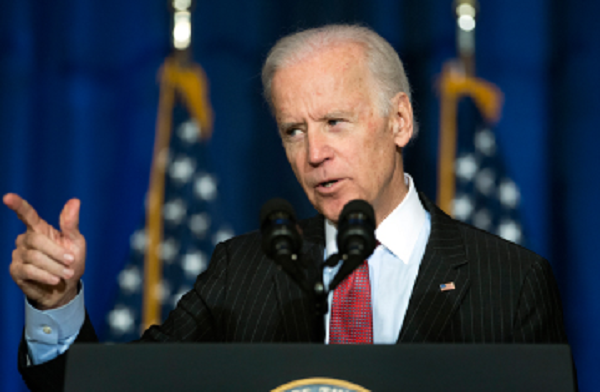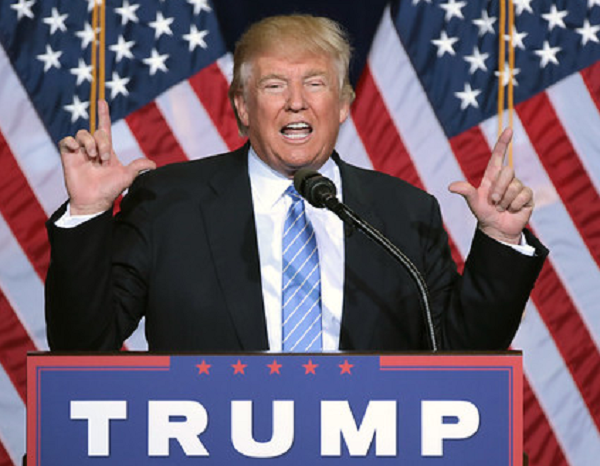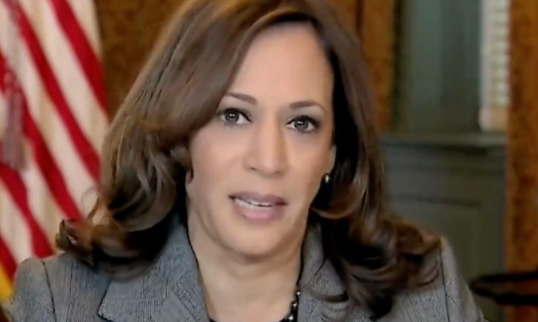Andrew McCarthy, a former Chief Assistant U.S. Attorney in the Southern District of New York, has raised concerns about the racketeering case brought by Fulton County District Attorney Fani Willis against former President Donald Trump and others.
In an opinion piece published by The Messenger, McCarthy highlighted that challenging the outcome of an election is not inherently a criminal act. He argued that for an actual criminal operation to exist under the Racketeering Influenced and Corrupt Organizations (RICO) Act, there needs to be a constant and ongoing criminal threat.
Willis recently filed a 41-count indictment against Trump and 18 co-conspirators, alleging that they attempted to overturn the 2020 election outcome through actions violating Georgia’s RICO Act. The indictment also claims that they induced an official to breach their oath of office.
McCarthy pointed out a significant flaw in the indictment. He noted that there is a “giant hole” due to the absence of a clear crime to which Trump and his co-defendants can be convincingly linked. He explained that conspiracy charges, including RICO charges, necessitate an agreement among individuals to violate a criminal statute. If there is no agreement about committing a crime, there is no conspiracy.
The indictment alleges that Trump and his allies tried to change the election outcome in his favor. McCarthy argued that attempting to reverse election results without sharing an “overarching objective” is not inherently a crime. He also criticized the use of tautology in the charges, highlighting that an objective described as “unlawful” doesn’t inherently transform an attempt to change the election outcome into a crime.
McCarthy clarified the requirements of a conspiracy charge, emphasizing that a meeting of minds regarding the criminal objective is essential. He illustrated that while various individuals may play different roles in a conspiracy, they must be united by the shared criminal objective. Without an agreement about a crime, there is no conspiracy.
McCarthy concluded that agreeing to do something legal, such as attempting to reverse the outcome of an election, does not constitute a conspiracy. He stressed that if prosecutors fail to allege that individuals agreed to commit an actual crime, the presumption of innocence must prevail.
The opinion piece highlighted the potential legal complexities in Willis’s indictment and raised questions about the sufficiency of evidence for the RICO charges.







